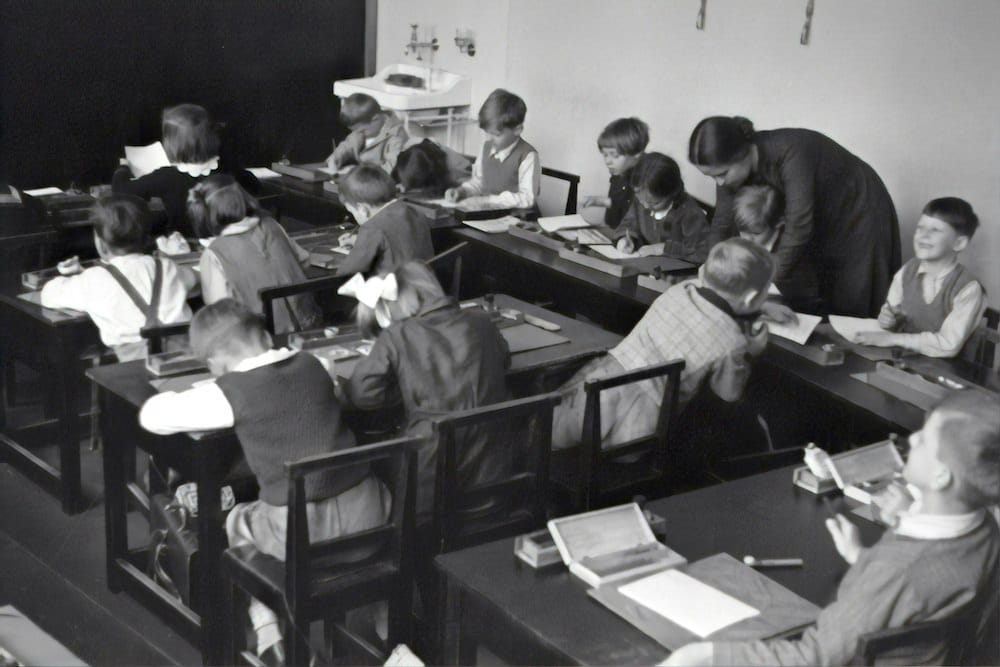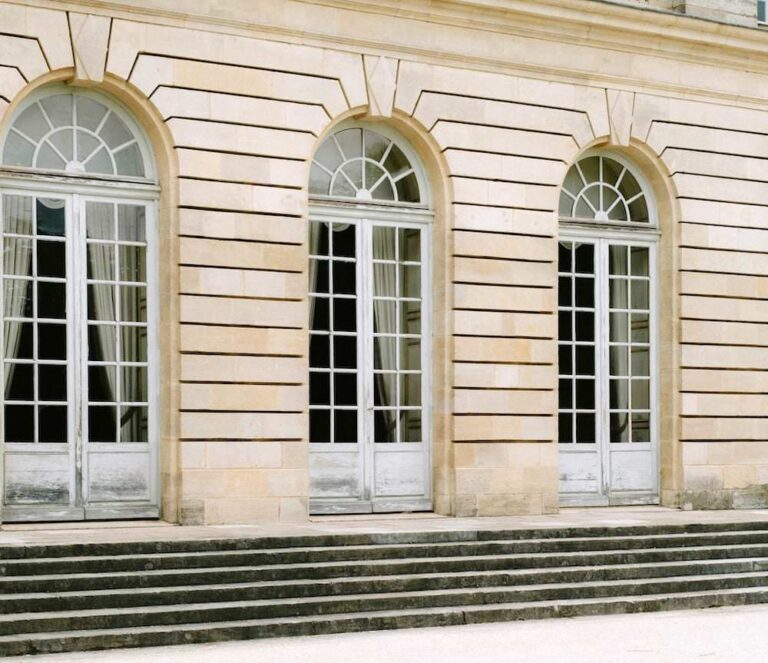I do my best
The most common French translation of the phrase “I do my best” is “je fais de mon mieux,” but there are some variations and alternative translations that you should know about.
“I do my best” in French: je fais de mon mieux
The phrase “je fais de mon mieux” translates directly to “I do my best” and is used in contexts where someone is making their greatest effort.
example:
- Je fais de mon mieux pour terminer ce projet à temps.
(I do my best to finish this project on time.)
Conjugating for other persons
The phrase can be adapted to different persons by changing the subject and the verb conjugation of “faire.” Here are some examples:
second person singular (you):
- Tu fais de ton mieux chaque jour.
(You do your best every day.)
third person singular (he/she/one):
- Il fait de son mieux pour aider ses amis.
(He does his best to help his friends.) - Elle fait de son mieux en classe.
(She does her best in class.)
first person plural (we):
- Nous faisons de notre mieux pour réussir.
(We do our best to succeed.)
second person plural (you, formal or plural):
- Vous faites de votre mieux dans cette situation difficile.
(You do your best in this difficult situation.)
third person plural (they):
- Ils font de leur mieux pour rester calmes.
(They do their best to stay calm.)
“I do my best for you”
To express “I do my best for you” in French, you can add “pour toi” (informal “you”) or “pour vous” (formal or plural “you”) to the sentence:
examples:
- Je fais de mon mieux pour toi.
(I do my best for you.) - Nous faisons de notre mieux pour vous aider.
(We do our best to help you.)
“I do my best” followed by a verb in the infinitive
When “I do my best” is followed by another action, the verb in French is placed in the infinitive form. Use “pour” before the infinitive:
examples:
- Je fais de mon mieux pour apprendre le français.
(I do my best to learn French.) - Ils font de leur mieux pour résoudre le problème.
(They do their best to solve the problem.)
Alternative expressions
While “je fais de mon mieux” is the most common translation, other expressions convey similar meanings:
- Je m’efforce de… (I strive to…):
- Je m’efforce de faire de mon mieux.
(I strive to do my best.)
- Je m’efforce de faire de mon mieux.
- Je donne le maximum (I give my all):
- Dans chaque match, je donne le maximum.
(In every game, I give my all.)
- Dans chaque match, je donne le maximum.
- Je mets tout en œuvre (I do everything possible):
- Je mets tout en œuvre pour réussir ce projet.
(I do everything possible to succeed in this project.)
- Je mets tout en œuvre pour réussir ce projet.






